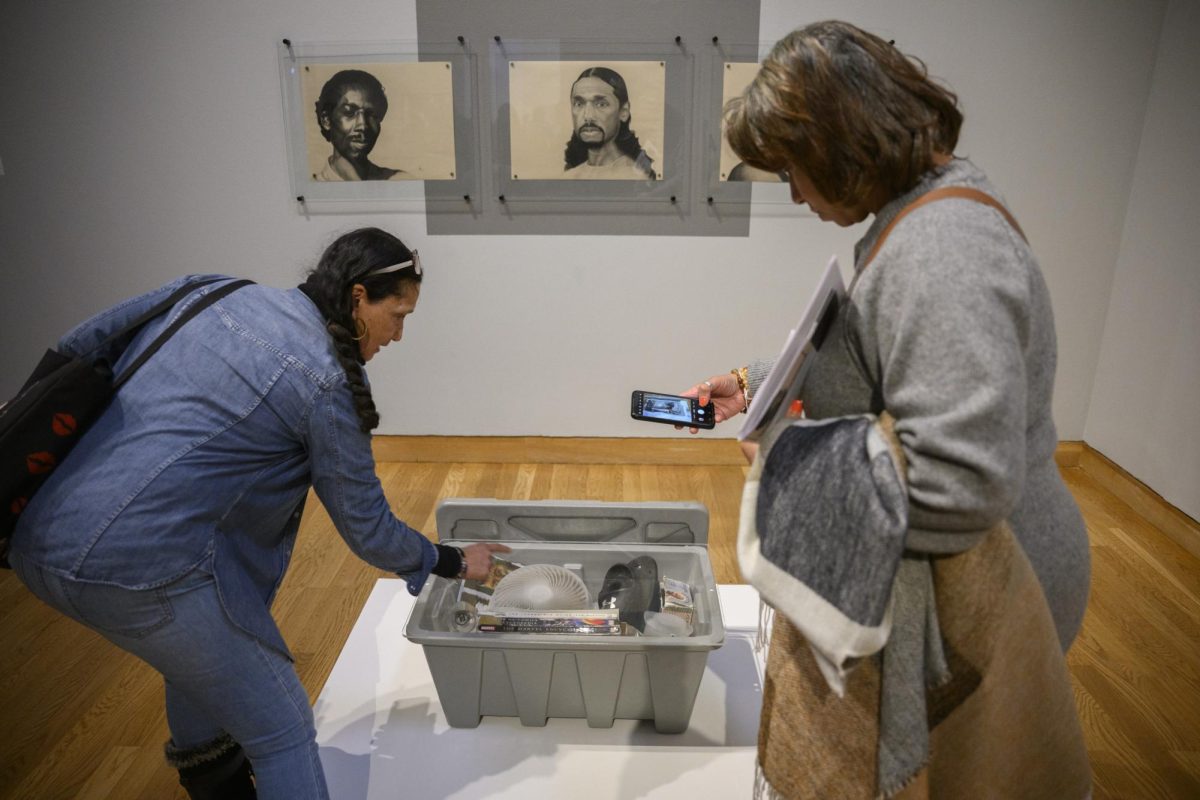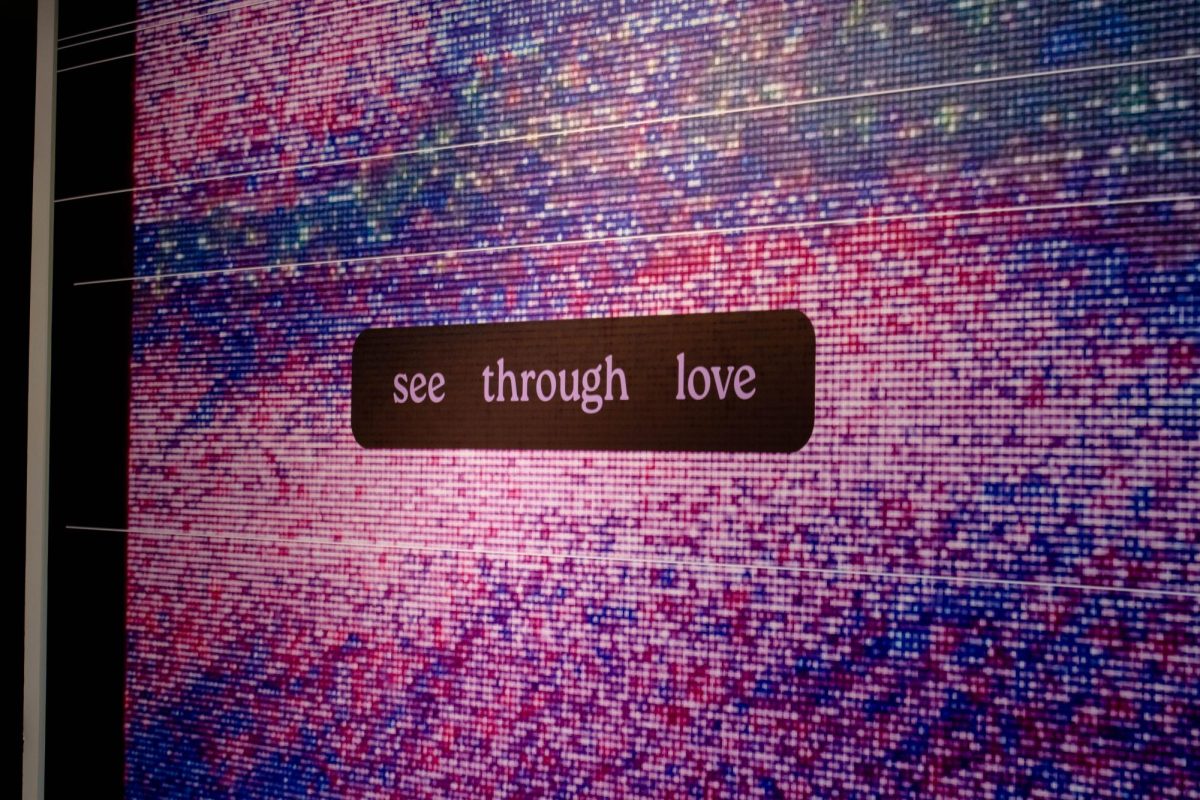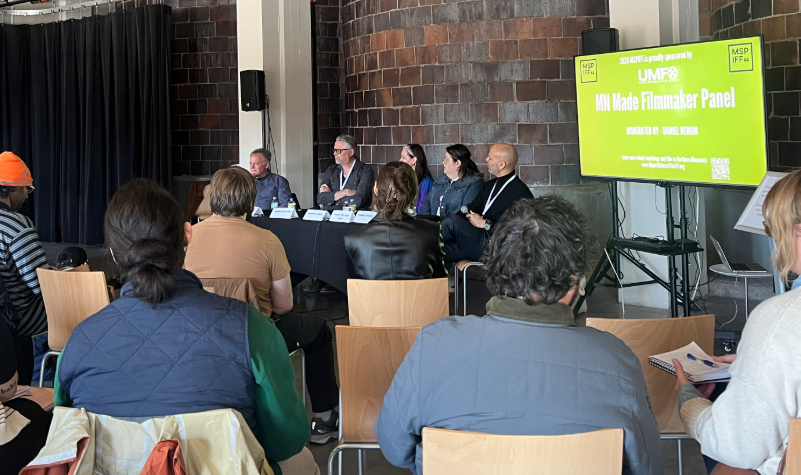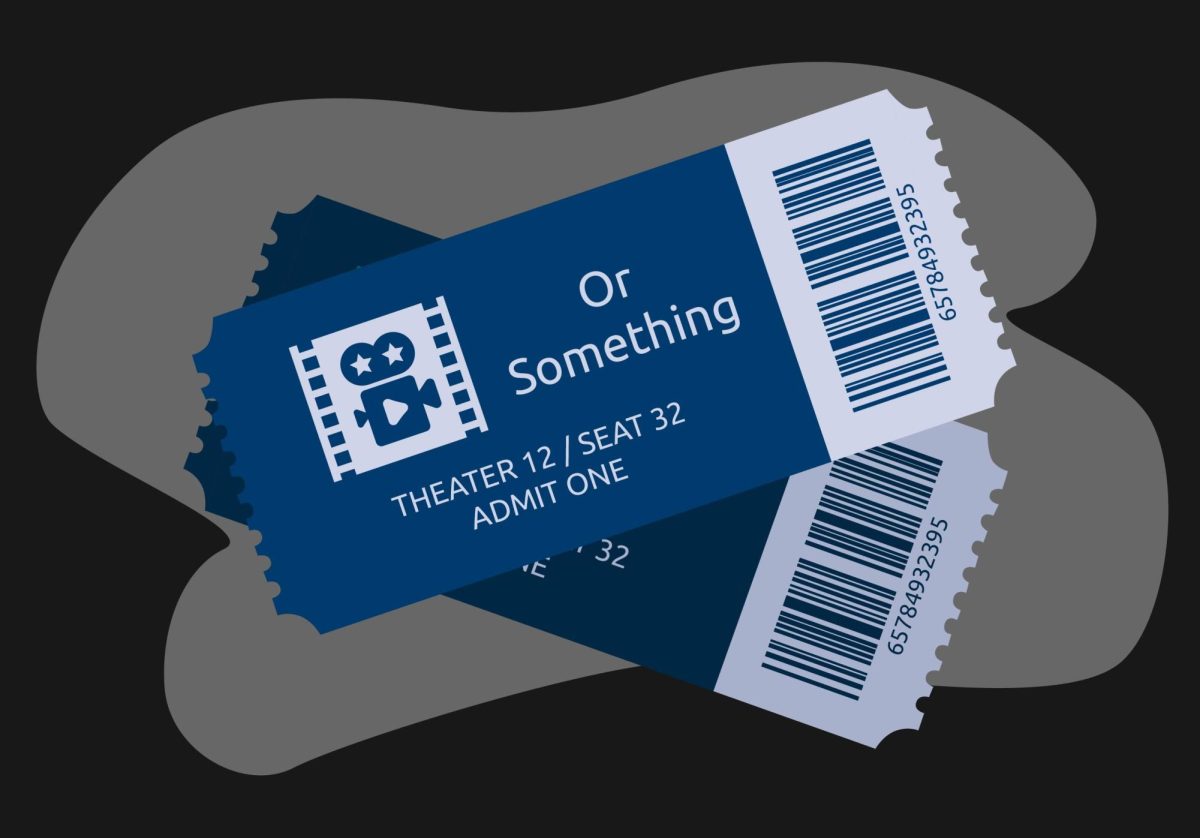In the new documentary “Michael Moore Hates America,” it only takes Minneapolis director Michael Wilson a few minutes to find a black man mowing his lawn in suburbia. Wilson doesn’t believe in white flight so he’s going to show us that upper-class suburbia isn’t just filled with rich, obnoxious white people.
What we didn’t see was the hours he probably spent looking for that one black guy.
All documentary filmmakers manipulate reality through editing this way.
Wilson charges Moore with manipulating reality to suit his own ideology. But Wilson is doing the same thing. The difference between the two is that Moore uses his films to agitate for change in our social system. Wilson is telling us nothing is wrong.
“Michael Moore Hates America” is not an answer to “Fahrenheit 9/11.” The film does not defend President George W. Bush. “It’s not really political, it’s about honesty,” Wilson said in an interview with The Minnesota Daily.
Indeed, he bills the film as “a documentary that tells the truth about a great nation.”
The heart of Moore’s “Bowling for Columbine” and “Fahrenheit 9/11” lies not in his Bush-bashing, but in his assertions about this country’s social system. Moore says the United States is a place where poor people and minorities get screwed, while rich, white men succeed through privilege – and a bit of corruption.
Wilson doesn’t believe it. He thinks Moore is spreading lies and doing so with immoral filmmaking.
Wilson is wrong.
His jabs at Moore’s documentary techniques might be valid – though magician Penn of Penn & Teller, a noted political pundit, is the primary speaker in the film. But Wilson’s own ideas about race and class are pedestrian.
His film is steeped in the basic conservative rhetoric that says anybody can make it in this country, regardless of race and class.
Wilson is not a stupid person, though. In conversation, he admits his opinions can be a little idealistic.
“I’m not one of these people who says, ‘Everybody is born equal and has exactly the same opportunities,’ ” he said. “No, if you’re born rich, you’re born rich. If you’re born poor, you’re born poor.”
Wilson forgoes this logic in his film.
He’s mad at Moore. So he sets out on a crusade to get an interview with the documentary king (he never gets it). Along the way, he hopes to show us that our “great nation” is a place full of opportunity.
But it’s his own footage that negates his already flimsy argument. And the way he examines the racial part of this equation can be ignorant and offensive.
Wilson opens the film by flaunting a minority who believes the United States is a golden land of opportunity. That’s one guy. Wilson continues to use this type of anecdotal evidence, even while statistics show that women and minorities still get a raw deal in this country.
During Wilson’s search for suburban black folks, he finds a backyard get-together with a couple of minorities. He narrates over the footage joking, “There’s one. Oops, there’s another one.” That gag got a big laugh out of the all-white crowd at the film’s area premiere last week in Plymouth, Minn.
Moore’s argument holds weight because he looks at the system, the way it works and the way it affects millions of people.
Wilson proves nothing with his anecdotes. Because in reality, we still live in a segregated society. Blacks and Hispanics still populate the inner city at a greater number than whites.
Wilson stumbles further when he includes the silly testimony of a white woman living far too comfortably in suburbia. She says Moore must live in a different world, because in her world, everybody does fine and gets along. That’s great, lady. In the real world, people are still homeless, teenagers carry guns and the drug war ravages urban communities.
“Regardless if you grew up in North Minneapolis or Plymouth, you still have the choice to determine what your life becomes,” Wilson said. “You have the choice to move. You have the choice to work two full-time jobs and go to school full time like my mom did. You have opportunities all around you.”
Like many white people, rich and poor, Wilson is ignorant of the wind at his back. His grandparents weren’t born into a world where they could be randomly lynched. His working-class parents didn’t grow up knowing that their race would hamper their access to jobs and education. Cops didn’t drive through his neighborhood, randomly jacking children like him up against the squad car. The privilege Wilson has experienced is invisible and pernicious.
“Michael Moore is one of those guys who tells people that, ‘No, you don’t have a choice, you don’t have a shot,’ ” Wilson said. “I think that’s hurtful. I don’t think that helps anybody.”
Moore is not selling poor people short when he says the system is designed to keep them down. Identifying oppression is not supporting it. The system is at fault. And the people in charge of the system need to be held accountable.
We should be fixing a system that spends more money on the military than on education, instead of blaming the disenfranchised for their own misery.
Next time, instead of going into the suburbs for advice, Wilson should go into North Minneapolis. Go to Southside Chicago. North Philly. Houston’s Fifth Ward. Watts. Harlem, USA.
Now, back to reality Ö







